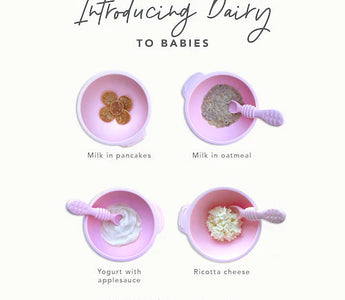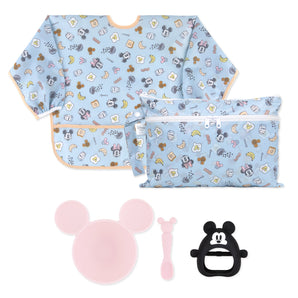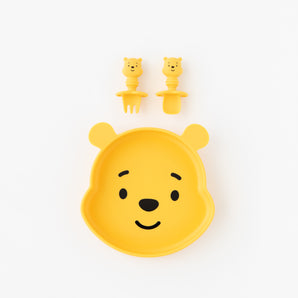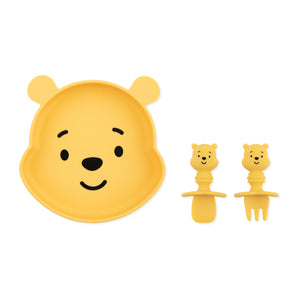Get expert insights on how and when to introduce dairy to baby's diet from Pegah Jalali of @pediatric.dietitian:
Dairy is a common food allergen. Therefore, it is recommended to introduce food allergens to your babies when you begin solids at six months. (Discuss with your pediatrician for specific advice on your child.)
Two percent of all U.S. children under the age of 5 have a milk allergy. In addition, 53 percent of infants with a food allergy have a cow's milk allergy.
Introducing allergens like dairy early to infants has been shown to be protective against developing allergies in infants and toddlers. After introducing an allergen like dairy, it is recommended to offer the allergen frequently to help prevent allergies from developing in the future.
Whether you are introducing solids using purees, baby-led weaning, or a combination of the two, here are a few easy ways to introduce dairy to your baby:
- Milk cooked in foods like pancakes, waffles, scrambled eggs, muffins, oatmeal, overnight oats, and chia seed pudding.
- Whole milk plain yogurt with pureed or mashed fruits.
- Cheese like ricotta, mascarpone, mozzarella, or swiss cheese.
Choosing the best cheese for baby
When choosing cheese for your baby, try to choose a lower sodium option like those listed above. String cheese can be a choking hazard, so it is best to offer soft cheeses like ricotta or mascarpone. You can offer cheese like mascarpone or ricotta with fruits or spices like cinnamon or nutmeg. You can also offer shredded swiss or mozzarella cheese.
You can cook cheeses like mozzarella or swiss and offer with grains like quinoa or pasta, or veggies like broccoli or cauliflower. You can also spread cheese on toast for your baby.
Choosing the best yogurt for baby
When choosing yogurt for your baby, whole plain milk yogurt or whole Greek yogurt are both excellent options. Greek yogurt has more protein than regular yogurt, but babies get enough protein from the breastmilk or formula they consume. It is best to choose unsweetened yogurt for your baby. You can add flavor and sweetness to the yogurt by adding fruits like mashed pineapple, mangos, applesauce, pear sauce, or berries.
Cow's milk: When and how to introduce it
Babies under 12 months cannot drink cow’s milk since the protein in the milk is not tolerated well by their underdeveloped intestines. As directed by their pediatrician, babies under 12 months of age should only drink breastmilk, infant formula, or water. Babies can safely consume cow’s milk (or sheep or goat’s milk) cooked in foods or made into cheese or yogurt.
If your child is taking a regular standard infant formula, they have already been exposed to dairy since most infant formulas are made from cow’s milk. Butter, ghee, and heavy cream are considered dairy but have very little protein, so they do not contain as much dairy allergen as milk, yogurt, and cheese.
Found this to be helpful? Next, get Pegah's advice for introducing flavor -- veggies, fats, herbs, and spices for babies!
+ check out our first feeding sets. Great for introducing solids for babies 4 months and up!








